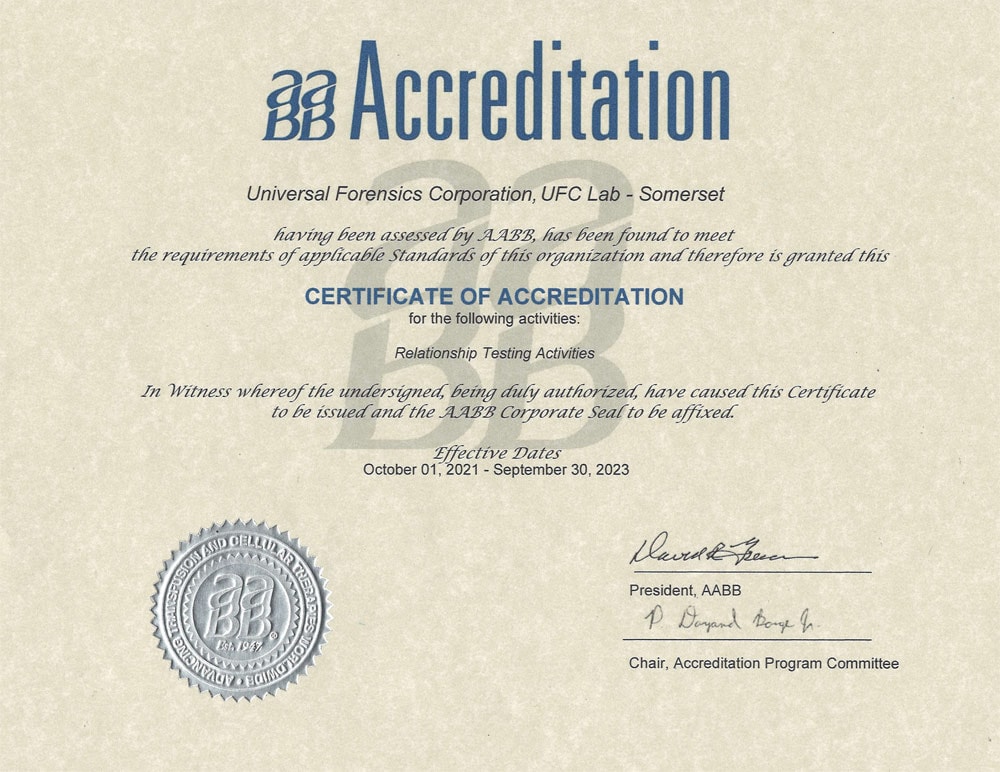6 Reasons Why Companies Might Use Drug Screening for Their Employees

Employee drug screening has become a standard practice for many businesses across various industries. This is because the percentage of employees testing positive for marijuana after an on-the-work accident has reached its highest level in 25 years in 2022 at 7.3% (PR Newswire).
Drug testing serves purposes far beyond just identifying substance abuse; it plays a key role in promoting workplace safety, reducing liability, and fostering a culture of accountability.
Here are six compelling reasons why companies might implement drug screening for their employees.
1. Ensuring Workplace Safety
Safety is a top priority for every organization, especially in industries like construction, manufacturing, transportation, and healthcare, where impairment can have severe consequences. Employees under the influence of drugs or alcohol are more likely to cause accidents, mishandle equipment, or endanger their colleagues.
For instance:
- A forklift operator under the influence may mishandle heavy loads, risking injury or damage to property
- Healthcare professionals working while impaired may jeopardize patient safety
Drug screening helps employers identify potential risks before they escalate into workplace incidents. By maintaining a drug-free environment, companies can reduce the likelihood of accidents and create a safer space for all employees.
2. Enhancing Productivity and Efficiency
Substance abuse is often linked to decreased productivity, absenteeism, and subpar performance. Employees struggling with drug or alcohol issues may:
- Arrive late or miss work frequently
- Struggle to focus on tasks or meet deadlines
- Deliver lower-quality work
According to the Addiction Group, employees who abuse substances are 3.5 times more likely to be involved in a workplace accident and five times more likely to file a workers’ compensation claim.
By implementing drug testing, companies can identify employees who may need support and take steps to address the problem before it adversely affects team morale and overall business performance.
3. Complying with Industry Regulations
Many industries are subject to strict regulatory requirements that mandate drug testing for employees. For example:
- The Department of Transportation (DOT) requires drug testing for employees in safety-sensitive roles, such as truck drivers, pilots, and train operators
- Industries dealing with hazardous materials or heavy machinery often have drug testing as a compliance measure to meet Occupational Safety and Health Administration (OSHA) standards
Non-compliance with these regulations can result in hefty fines, lawsuits, and damage to a company’s reputation. Regular drug screening ensures that businesses remain compliant with industry standards and avoid potential legal repercussions.
4. Reducing Liability and Legal Risks
Employers have a legal and ethical obligation to provide a safe workplace for their employees. Failure to address substance abuse issues can expose companies to significant liability risks. For instance:
- If an impaired employee causes an accident, the employer may be held accountable for negligence
- Substance abuse can lead to workplace violence, harassment, or theft, further increasing legal exposure
Pre-employment and random drug testing serve as a preventive measure to mitigate these risks. By demonstrating a commitment to maintaining a drug-free workplace, companies can protect themselves from lawsuits and insurance claims.
5. Supporting Employee Health and Well-being
Drug screening isn’t solely about identifying problems-it’s also about helping employees in need. Substance abuse is often a symptom of deeper issues, such as stress, mental health challenges, or personal struggles. By detecting these issues early, employers can provide:
- Access to employee assistance programs (EAPs)
- Referrals to counseling or rehabilitation services
- Support systems to help employees recover and reintegrate into the workplace
This approach fosters a culture of care and compassion, showing employees that their well-being matters to the organization. It can also boost employee loyalty and reduce turnover.
6. Maintaining a Positive Company Reputation
A company’s reputation is one of its most valuable assets. Employers known for upholding high standards of professionalism, safety, and accountability are more likely to attract top talent and retain customers. Drug-related incidents, on the other hand, can tarnish a company’s image and damage stakeholder trust.
Consider the potential fallout from a publicized workplace incident caused by an impaired employee:
- Customers may question the company’s reliability
- Investors may lose confidence in management’s ability to mitigate risks
- Competitors may use the incident to gain an advantage
Implementing drug screening policies demonstrates a proactive commitment to maintaining a trustworthy and dependable business environment.
Types of Drug Tests for Employment Reasons
To achieve these goals, employers can choose from various drug testing methods, depending on their needs and industry standards. Here are some kinds of drug screening to consider for your employees.
- Pre-Employment Testing: Conducted before hiring new employees to ensure they meet the company’s drug-free workplace requirements
- Random Testing: Performed on a random selection of employees to deter substance abuse and promote fairness
- Reasonable Suspicion Testing: Initiated when there is evidence or suspicion that an employee is under the influence
- Post-Accident Testing: Conducted after workplace accidents to determine if substance use was a contributing factor
- Return-to-Duty Testing: For employees who have completed a substance abuse treatment program and are rejoining the workforce
Employers can work with certified laboratories and use advanced testing techniques, such as urine, hair, saliva, or blood tests, to ensure accurate results.
Balancing Accountability and Privacy
While drug screening offers numerous benefits, it’s essential to implement it responsibly. Employers must respect employees’ privacy and ensure that testing procedures comply with state and federal laws. Key considerations include:
- Providing clear communication about the company’s drug testing policies
- Obtaining employee consent before conducting tests
- Ensuring confidentiality and secure handling of test results
By striking the right balance, companies can maintain trust with their workforce while achieving their safety and compliance goals.
Consider Private Lab Testing For Your Drug Screening Needs
Drug screening is more than a policy-it’s an investment in a company’s future. ReliaLabTest is an established lab in Nashville that provides drug testing, alcohol screening, and DNA testing that’s reliable, timely, and secure.
We know how important it is for you to keep your workplace drug-free, so your productivity and profits can grow. We also offer DOT testing and after-hours post accident service.
Contact our team to learn more about our services and to set up drug testing for your employees today. We will try to get your results back within 24 to 48 hours, or sooner if necessary.








